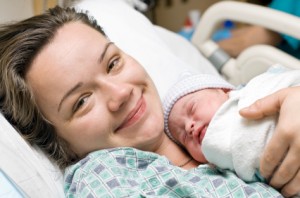Question of the Week: What Is a Qualifying Person for a Dependent Care FSA Reimbursement?
Qualifying Person Test
A qualifying person for 2011 is:
- Your qualifying child who is your dependent and who was under age 13 when the care was provided.
- Your spouse who was not physically or mentally able to care for himself or herself and lived with you for more than half the year, or
- A person who was not physically or mentally able to care for himself or herself, lived with you for more than half the year, and either:
- Was your dependent, or
- Would have been your dependent except that:
- He or she received gross income of $3,700 or more,
- He or she filed a joint return, or
- You, or your spouse if filing jointly, could be claimed as a dependent on someone else’s 2011 return.
Exceptions Apply To General Rules
The rules above are generally applicable, but there are exceptions for certain situations such as children of divorced parents, care in the year or birth or death, adopted children, and other situations.
Contact Vision Payroll Today
Contact Vision Payroll for further information on the qualifying person test for reimbursement by a dependent care FSA.








Vision Payroll